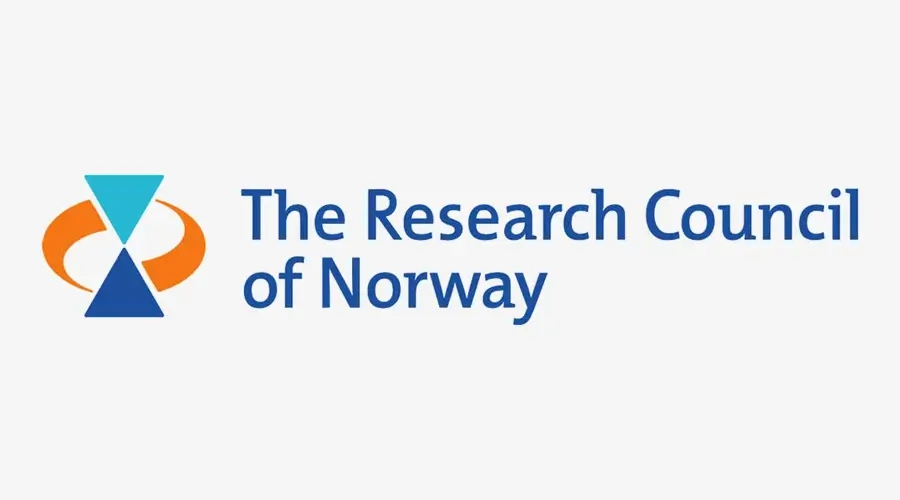We are very happy to announce that we’ve received a 19.9 million NOK grant from the Research Council of Norway to research personalised gene editing with the aim to advance gene therapy for primary immunodeficiencies (PIDDs).
PIDDs are rare diseases where an inherited genetic mutation causes white blood cells to malfunction. Over 6 million people around the world are estimated to be affected by PIDDs, making them susceptible to viral infections, autoimmune disease, allergies and cancer.
This grant represents an important step in bringing life-changing gene therapies to patients and understanding more about these mutations.
With gene editing, we can correct faulty blood cells, but it’s a fine balance due to PIDDs being so rare and diverse. The CRISPR-Cas9 tool needs to edit in the right place without affecting healthy genes.
There are many different mutations. Individually they are rare, but collectively they become quite common. That’s why we want to develop one platform that can treat a large spectrum of mutations.
Dr Emma Haapaniemi
Our team, consisting of our team at Haapaniemi Lab, Professor Eivind Valen (UiB, Sars Centre and NCMM), Professor Johanna Olweus (Institute for Cancer Research, Oslo University Hospital), Dr Hans Christian Erichsen and Dr Jochen Buchner (Oslo University Hospital), will first look at mutations at Oslo University Hospital and in published literature, followed by finding guides which will lead the T cell correction tool to the right place to correct the mutations for individual patients.
We currently use a program called ChopChop to predict guides for CRISPR editing. Our longer-term aim is to improve the accuracy of this program for clinical use.
